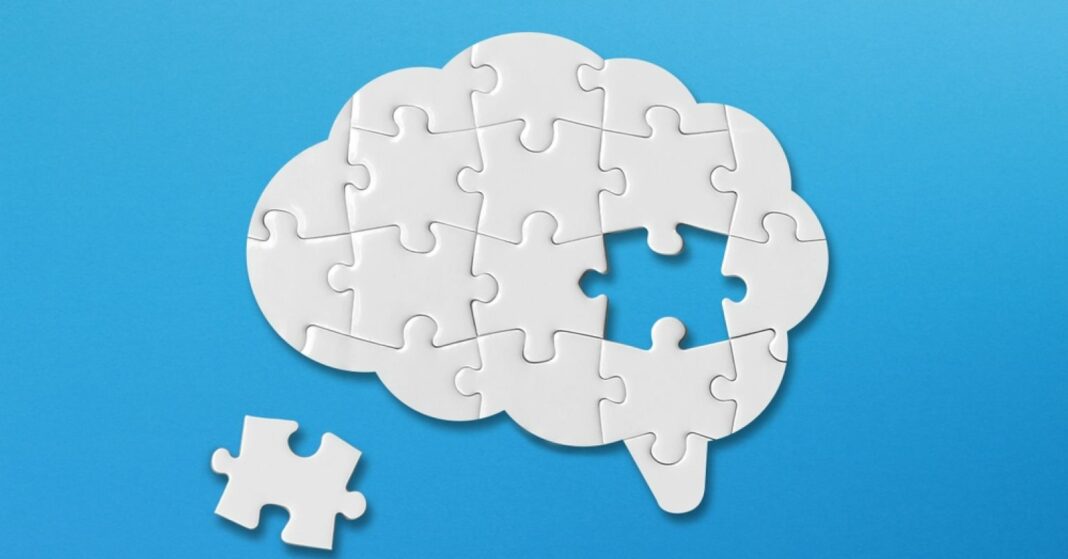Cognitive Testing: The Facts, Myths, and Value
Cognitive testing is a valuable tool used to assess a person’s cognitive abilities, including memory, reasoning, attention, and processing speed. It is often used in clinical settings to diagnose cognitive impairment, such as dementia, and to monitor changes in cognitive function over time. However, there are many myths and misconceptions surrounding cognitive testing that can lead to misunderstandings about its value and purpose.
The Facts About Cognitive Testing
1. Cognitive testing is a standardized assessment that measures various aspects of cognitive function.
2. These assessments are administered by trained professionals, such as neuropsychologists or psychologists, and typically involve a series of tasks or questions that evaluate different cognitive abilities.
3. Cognitive testing can help identify cognitive impairment, such as memory problems, language difficulties, and executive function deficits, which may be indicative of neurological conditions like Alzheimer’s disease or other forms of dementia.
4. Cognitive testing can also be used to track changes in cognitive function over time, allowing for early detection of cognitive decline or the effectiveness of interventions.
The Myths About Cognitive Testing
1. Myth: Cognitive testing is only for older adults.
Fact: While cognitive testing is commonly used in older populations to assess for dementia, it can also be beneficial for individuals of all ages who may be experiencing cognitive difficulties.
2. Myth: Cognitive testing is only for diagnosing cognitive impairment.
Fact: Cognitive testing can also be used proactively to assess cognitive strengths and weaknesses, inform treatment planning, and monitor changes in cognitive function over time.
3. Myth: Cognitive testing is not accurate or reliable.
Fact: Cognitive testing is a validated and reliable assessment tool that has been used in research and clinical practice for decades. When administered by trained professionals and interpreted correctly, cognitive testing can provide valuable insights into an individual’s cognitive abilities.
The Value of Cognitive Testing
Cognitive testing plays a crucial role in identifying and monitoring cognitive impairment, guiding treatment decisions, and improving quality of life for individuals with cognitive disorders. By providing an objective measure of cognitive function, cognitive testing can help healthcare professionals develop tailored interventions to address cognitive deficits and enhance overall functioning.
Conclusion
Cognitive testing is a valuable tool for assessing cognitive function and identifying cognitive impairment. By dispelling myths and understanding the true value of cognitive testing, individuals can take proactive steps to monitor their cognitive health and seek appropriate interventions when needed.
FAQs
1. Who can benefit from cognitive testing?
Cognitive testing can benefit individuals of all ages who may be experiencing cognitive difficulties, including memory problems, attention deficits, and language impairments.
2. How often should cognitive testing be done?
The frequency of cognitive testing depends on individual risk factors, such as age, family history of cognitive impairment, and presence of cognitive symptoms. Healthcare professionals can provide guidance on the appropriate timing and frequency of cognitive testing based on individual needs.
3. Is cognitive testing covered by insurance?
Cognitive testing may be covered by insurance for diagnostic purposes, such as assessing cognitive impairment or monitoring changes in cognitive function over time. It is important to check with your insurance provider to understand coverage options and requirements.




